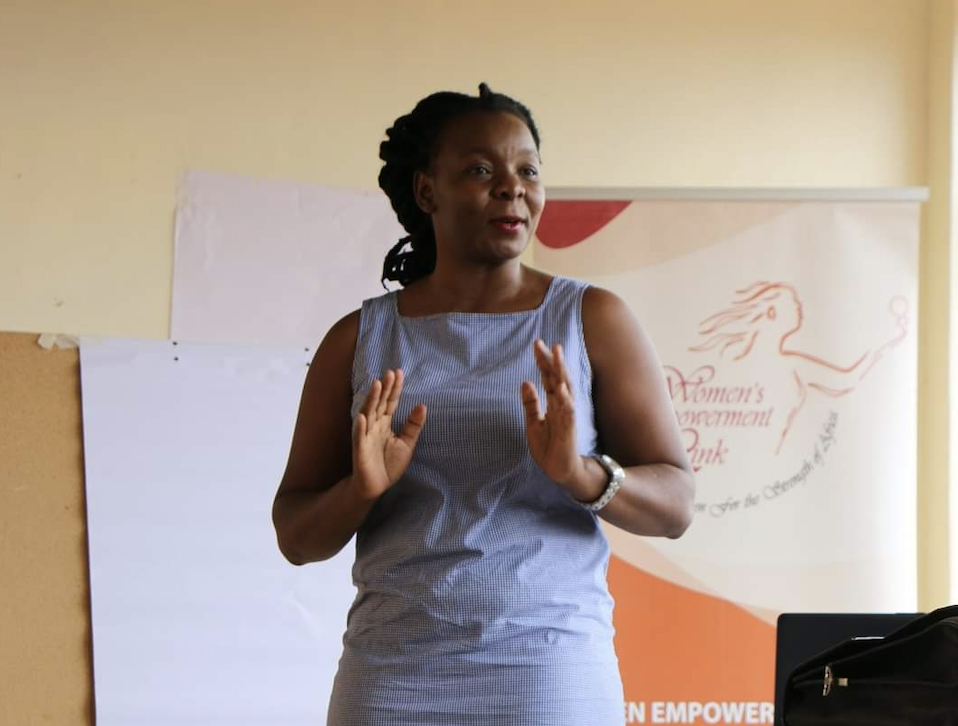Female genital mutilation (FGM) is an internationally recognised violation of the human rights of girls and women, and, although the prevalence of FGM is declining, globally the practice still affects around 200 million women across the world. Many countries in sub-Saharan Africa have passed specific anti-FGM national laws and many others have included a ban on FGM in other national legislation. In my country, Kenya, the anti-FGM legislation is central in the response to the challenge of FGM/C. The law was supported by the establishment of the Anti-Female Genital Mutilation Board which gathers a wide range of police powers. The mission of the anti-FGM Board? To conduct surveillance, prevention and prosecution of offenders.
Challenges faced by Kenya in implementing anti FGM legislation
For all its successes, the Anti-FGM board is still Nairobi-based with inadequate geographic presence in the other regions of the country where it works. As much as the board is relied upon to lead the fight against FGM at the devolved level, it has no locally owned government resources available in regions outside of the capital. Kenya also lacks a visible strategy for how to decentralize the work against FGM. Engagement with County governments are insufficient despite the 2010 provisions of the constitution, requiring that sub-national governments take a role in entrenching greater protection for women and girls within their respective jurisdictions.
Moreover, in my opinion, the Board does not sufficiently forge direct links with child protection services and institutions at national or county level. Lastly, the outbreak of coronavirus (COVID-19), and subsequent population control measures have rendered most state and social structures such as legal systems and protective mechanisms weak, thus increasing the risk of GBV and particularly FGM to occur as a result.
The launch of an innovative collaboration in Kajiado County
It is within this context that the civil society identified a window of opportunity to collaborate with the Kajiado County government as an ally in the fight against FGM. One of 47 counties, located in Southwest Kenya, Kajiado County is mainly populated by the Maasai community, where segments of the population still practice FGM.
In this respect, the civil society organizations working in collaboration with the Gender Department of the County Government in Kajiado initiated a participatory process that culminated in the adoption of a County FGM policy.
What’s so special with this policy? The policy supports a multi-stakeholder approach and provides additional impetus for county level actors to further engage in the fight against FGM. It includes several programmes including FGM abandonment campaigns – focusing specifically on schools – culturally sensitive research as well as community dialogues. Noteworthy, the policy adopts an evidence-driven approach towards measuring progress to stopping FGM.
At the heart of the policy is the recognition of the inter-governmental collaboration. The policy has enabled the establishment of a very inclusive coordinating mechanism that begins at the County government level and is then cascaded downwards to lower levels of governance specifically the sub-county and the ward levels.
Most importantly, the coordination mechanism is characterized by the inclusion of not only government officials but also individual citizens, addressing a crucial gap in the national legislation. Secondly, the citizen participation (if well implemented) promises to be disruptive to the clandestine FGM in the community.
Overall, the Kajiado policy for the eradication of FGM can been seen as a positive step and a promising practice in cascading the campaign that can be replicated in other counties. Overall, with thorough monitoring of both national anti-FGM legislation and policy, as well as county-level policies, Kenya may be on its way to meet the Sustainable Development Goals goal 5 and ensure an equal life without FGM for all women and girls.
Everlyne (Eva) Komba is a Gender, Governance and Development Specialist based in Kenya.

